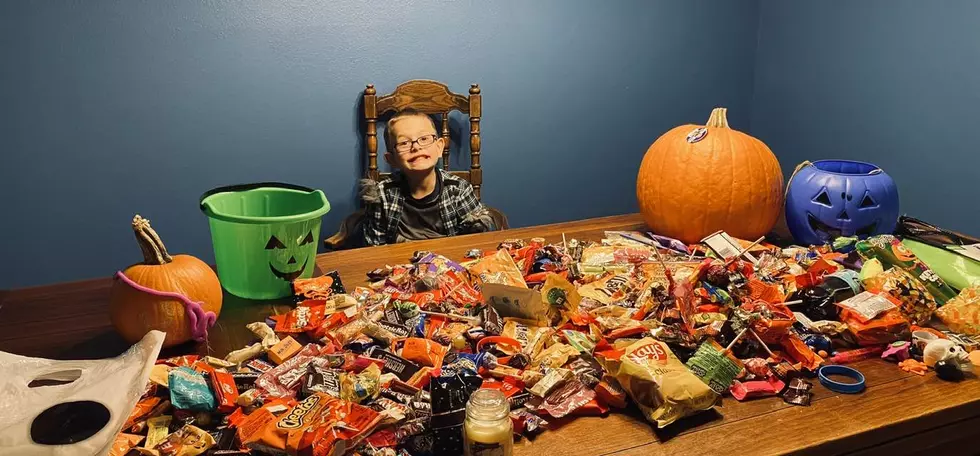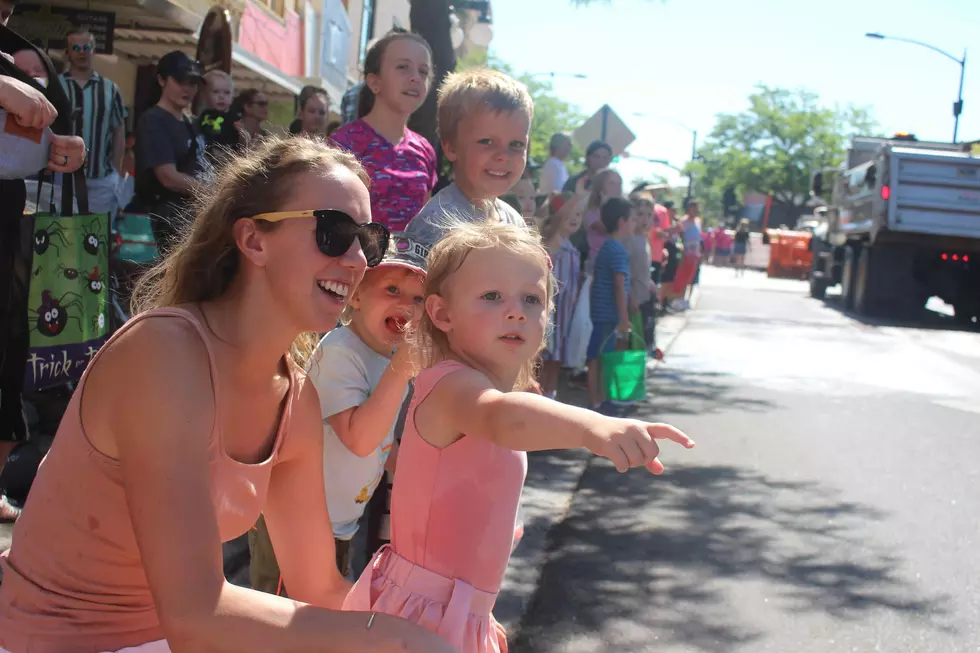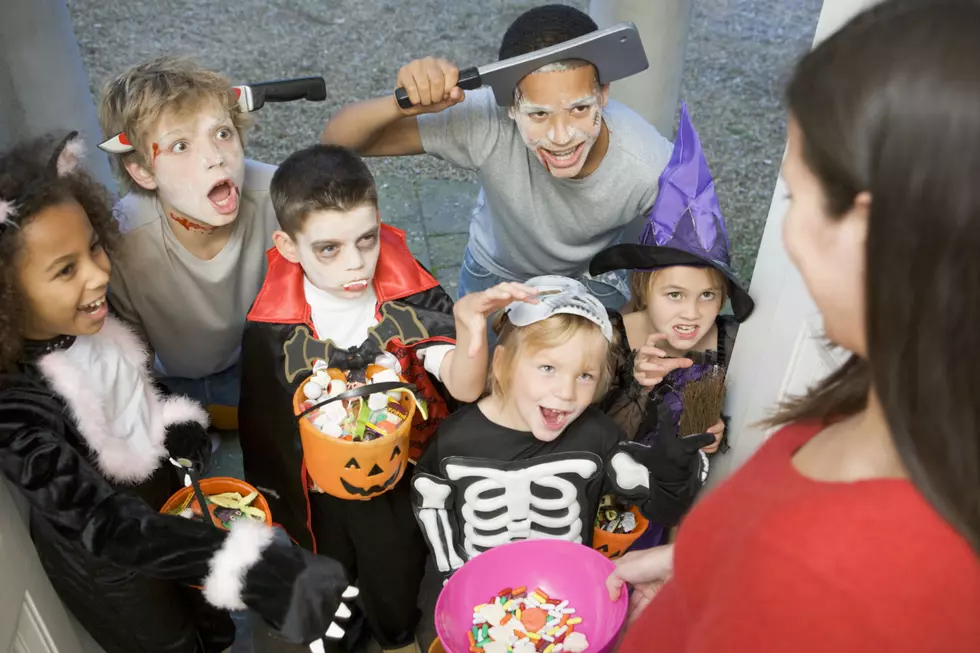
BabyCenter Warns Parents About Halloween Candy Choking Hazards
With Halloween right around the corner, a site called BabyCenter is reminding parents and guardians of young children to watch out for choking hazards in kids younger than four years old.

The article said that most Halloween candy poses a choking risk to young children. Their advice? "Opt for larger treats that melt in the mouth, like chocolate bars or cookies."
BabyCenter worked with Elizabeth Donner, a pediatric doctor at the Nemours Children’s Hospital in Orlando, to review popular Halloween treats for potential choking hazards. Of the 25 options reviewed, Dr. Donner identified 15 – that’s 60 percent – as choking hazards.
“Choking hazards are incredibly common when you start to look at Halloween candies,” says Dr. Donner. “You basically want to avoid anything round, chewy, or gummy if your child is 3 or younger.”
Dr. Donner said guardians should be especially vigilant with children younger children when they eat their candy; "have them eat while seated" and supervise.
"Choking incidents aren't as uncommon as you might think – at least one child dies every five days from choking on food. That's why it’s a good idea to take a child-specific choking and CPR rescue maneuver class, so you’ll know how to respond in the event of an emergency," says Dr. Donner. (BabyCenter offers a virtual Infant CPR, Choking, and Safety course that covers all of this information.)
“If a child is actually choking, meaning that they are struggling to breathe and no longer making any gagging or coughing noises, it's time to act,” Dr. Donner says. “Start by calling 911. For those younger than 1 year, quickly give five back blows alternated with five chest thrusts, repeating until the choking is resolved or the victim goes unconscious. For children 12 months and older, use the Heimlich maneuver. If the victim loses consciousness, CPR should be performed until help arrives.”
While disturbing, it’s important to think through potential choking scenarios ahead of time to be prepared in the event that it does happen.
“By practicing some vigilance and preparedness this season, you can ensure that you and your child both have a happy – and safe – Halloween,” says Dr. Donner.
Excel Spooktacular Family Dance & Pumpkin Patch
Cinderella's Ball at Casper College
More From K2 Radio








